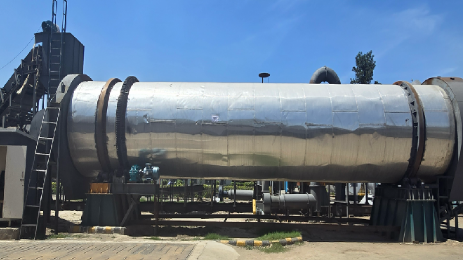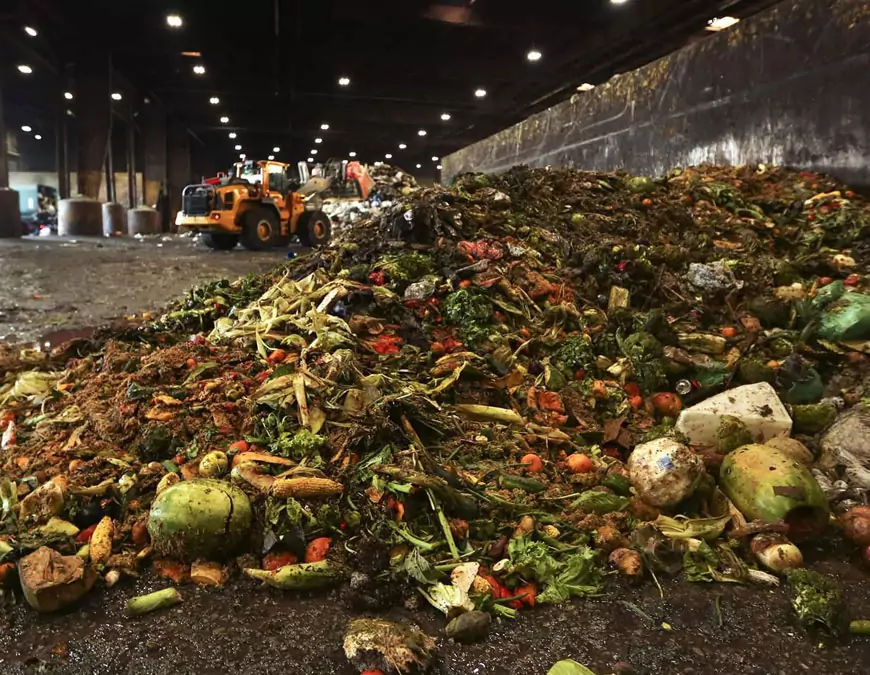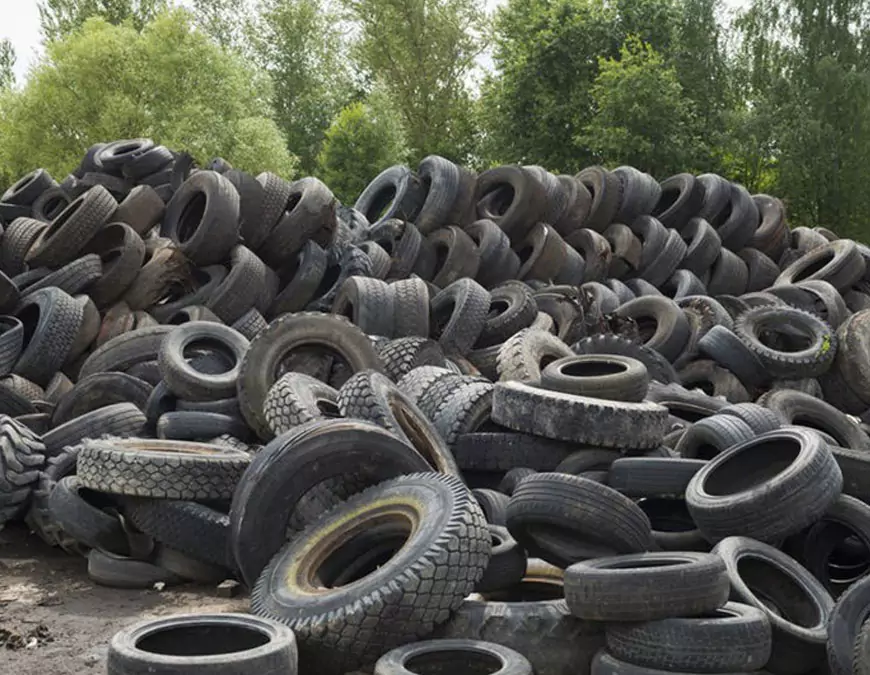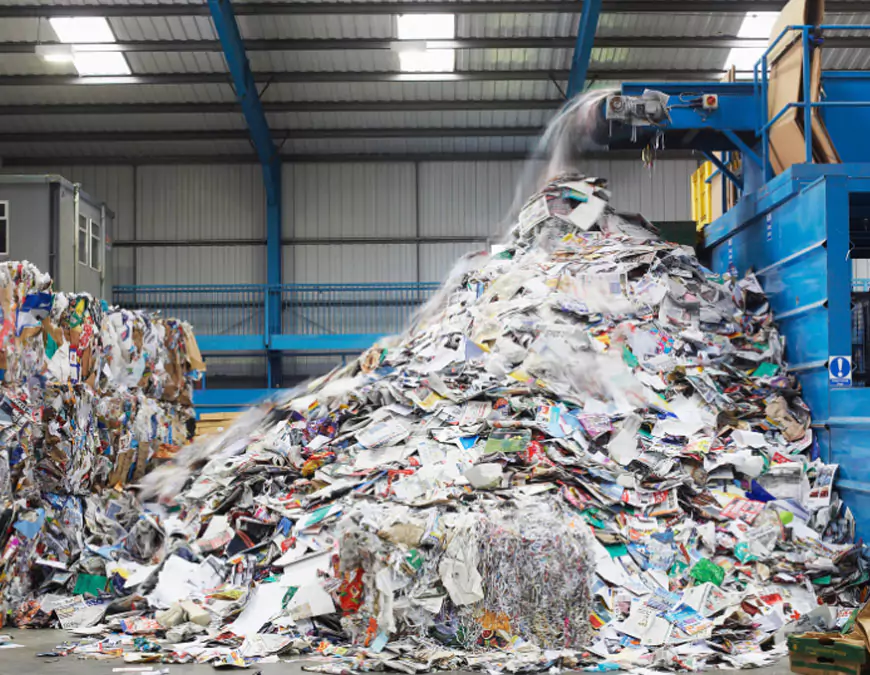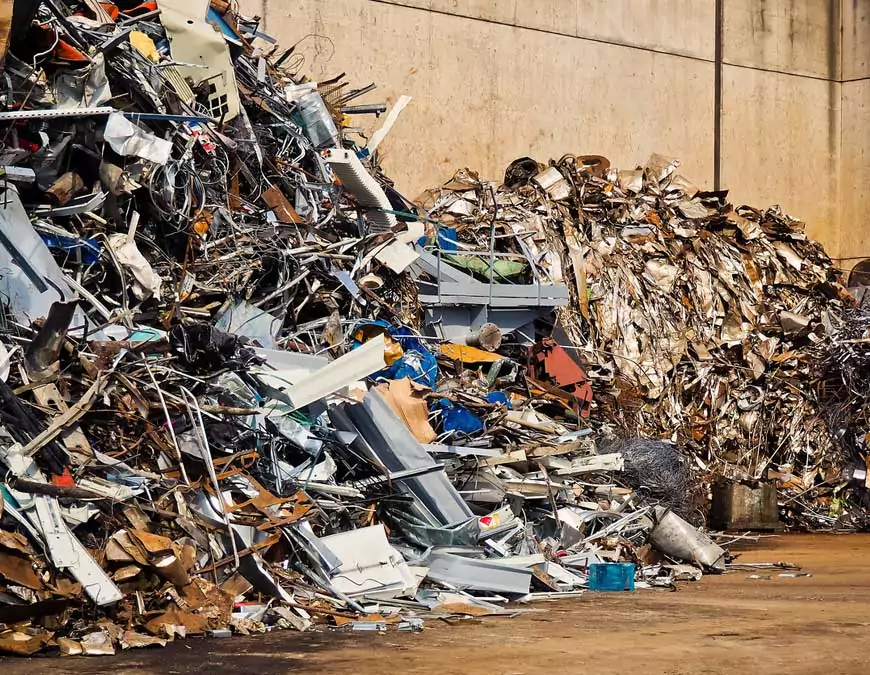Types of Wood / Wood Pallet Waste
- Used Wood Pallets: Discarded pallets from shipping and logistics operations.
- Wood Scraps: Residual wood left over from manufacturing processes or construction.
- Furniture Waste: Old furniture made of wood that has reached the end of its useful life.
- Timber Waste: Wood offcuts from timber mills and construction sites.
- Packaging Waste: Wood materials used in packaging, including crates and boxes.
Importance of Wood / Wood Pallet Waste Management
- Environmental Protection: Prevents wood waste from being dumped in landfills and helps conserve natural resources.
- Energy Recovery: Wood waste can be used as a renewable energy source through incineration or biomass energy production.
- Sustainable Recycling: Promotes the recycling of wood into reusable products like mulch, compost, or new pallets.
- Waste Reduction: Reduces the overall volume of waste in landfills, contributing to a circular economy.
- Carbon Footprint Reduction: Using wood waste for energy or recycling helps reduce the carbon footprint associated with landfill waste and virgin wood harvesting.
Key Components of Wood / Wood Pallet Waste Management
Shredding and Size Reduction
Wood waste, including pallets, is shredded into smaller pieces using industrial shredders.
Our Solutions to Manage Wood / Wood Pallet Waste
At Alfa Therm Limited, we offer a wide range of advanced solutions for managing wood and wood pallet waste, ensuring maximum resource recovery and minimal environmental impact. Our services include:
Benefits of Effective Wood / Wood Pallet Waste Management
- Environmental Conservation: Proper wood waste management helps reduce deforestation, conserves natural resources, and prevents wood from ending up in landfills, where it takes a long time to decompose.
- Energy Generation: Wood waste can be converted into renewable energy, helping industries reduce their reliance on non-renewable energy sources and contribute to sustainable energy production.
- Waste Reduction: By recycling or repurposing wood waste, businesses can significantly reduce the volume of waste sent to landfills, minimizing their environmental impact.
- Cost Savings: Recycling wood waste into valuable products like wood pellets or biofuels can provide businesses with cost-effective alternatives to traditional materials and energy sources.
- Regulatory Compliance: Effective wood waste management helps businesses comply with environmental regulations related to waste disposal and recycling, avoiding potential fines and penalties.

Other Industries We Serve
Struggling with Waste Management challenges?



